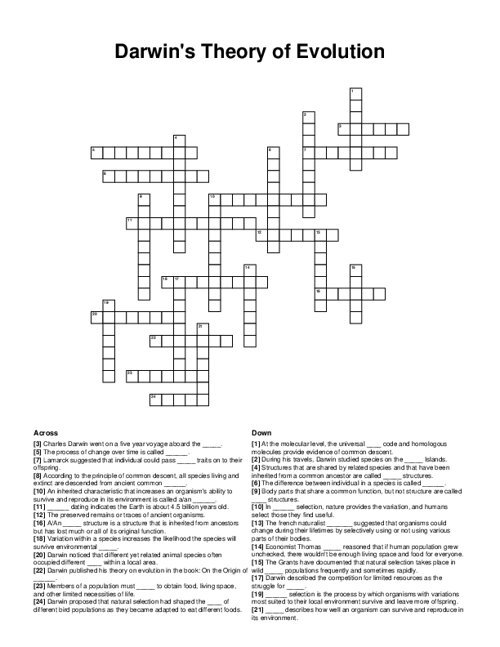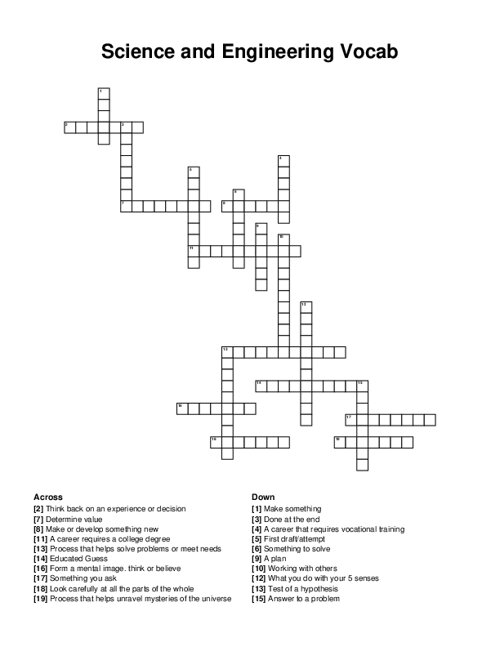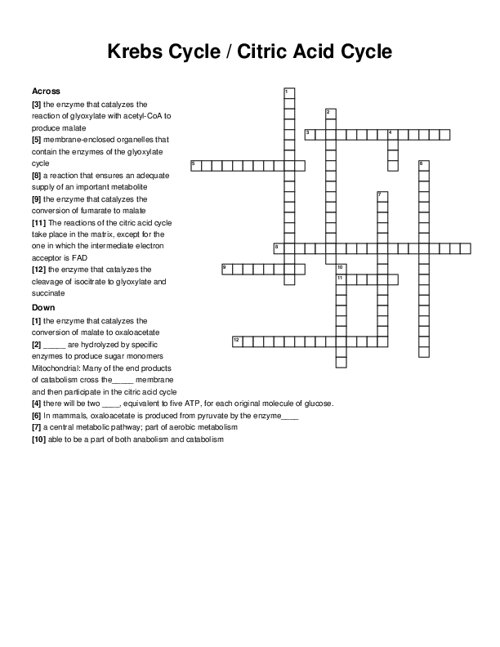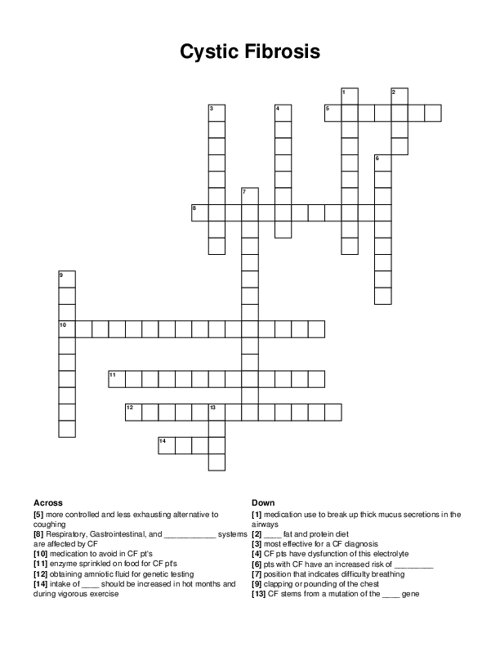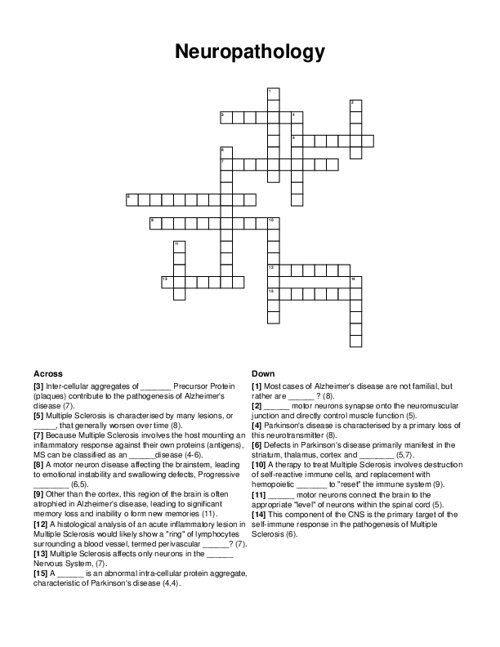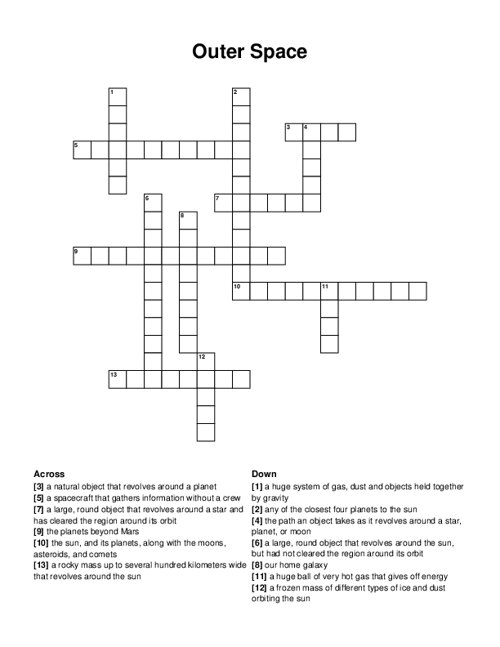Darwin's Theory of Evolution Crossword Puzzle
Download and print this Darwin's Theory of Evolution crossword puzzle.
Related puzzles:
QUESTIONS LIST:
- genetic : at the molecular level, the universal _ code and homologous molecules provide evidence of common descent.
- malthus : economist thomas _ reasoned that if human population grew unchecked, there wouldn't be enough living space and food for everyone.
- variation : the difference between individual in a species is called _ .
- radioactive : _ dating indicates the earth is about 4.5 billion years old.
- species : darwin published his theory on evolution in the book: on the origin of _ .
- evolution : the process of change over time is called _ .
- vestigial : a/an _ structure is a structure that is inherited from ancestors but has lost much or all of its original function.
- galapagos : during his travels, darwin studied species on the _ islands.
- finch : the grants have documented that natural selection takes place in wild _ populations frequently and sometimes rapidly.
- artificial : in _ selection, nature provides the variation, and humans select those they find useful.
- change : variation within a species increases the likelihood the species will survive environmental _ .
- analogous : body parts that share a common function, but not structure are called _ structures.
- habitats : darwin noticed that different yet related animal species often occupied different _ within a local area.
- beaks : darwin proposed that natural selection had shaped the _ of different bird populations as they became adapted to eat different foods.
- natural : _ selection is the process by which organisms with variations most suited to their local environment survive and leave more offspring.
- homologous : structures that are shared by related species and that have been inherited from a common ancestor are called _ structures.
- fossils : the preserved remains or traces of ancient organisms.
- compete : members of a population must _ to obtain food, living space, and other limited necessities of life.
- fitness : _ describes how well an organism can survive and reproduce in its environment.
- ancestors : according to the principle of common descent, all species living and extinct are descended from ancient common _ .
- adaptation : an inherited characteristic that increases an organism's ability to survive and reproduce in its environment is called a/an _ .
- lamarck : the french naturalist _ suggested that organisms could change during their lifetimes by selectively using or not using various parts of their bodies.
- beagle : charles darwin went on a five year voyage aboard the _ .
- acquired : lamarck suggested that individual could pass _ traits on to their offspring.
- existence : darwin described the competition for limited resources as the struggle for _ .
